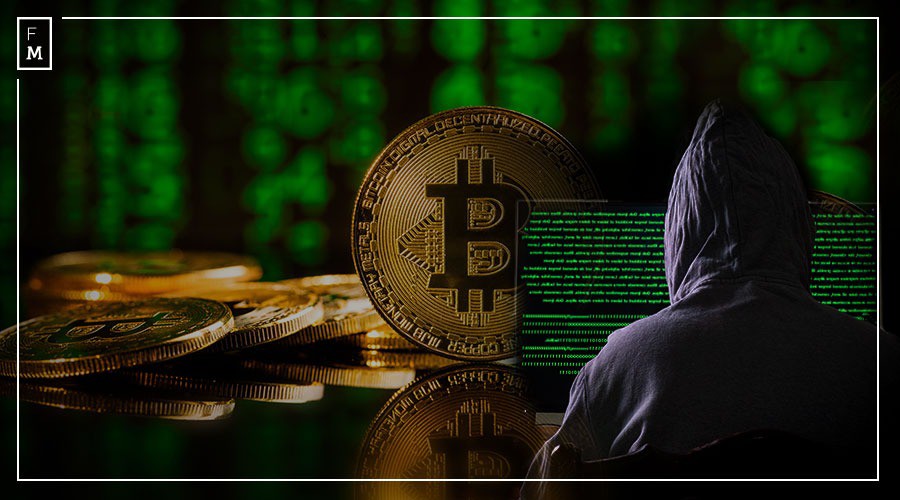A recurring problem in crypto has been wallet hacks, with some incidents connected to large platforms, and some enormous sums of money being stolen in the form of crypto assets. Despite high profile cases, it remains to be seen how this problem will be addressed, but with institutions entering and regulatory compliance a priority, it seems unlikely that such a situation can be allowed to continue.
Data and Image From Chainalysis
Binance-Linked Wallet Hacked
It was widely reported earlier this month that a crypto wallet had been hacked for a total of around $27 million worth of USDT (that’s the Tether stablecoin), and what was notable, besides the large numbers, was a connection with the exchange Binance.
The stolen funds had been withdrawn from Binance, and according to on-chain data, the wallet that was hacked could be connected back to a Binance deployer wallet, via a transaction from 2019.
While this suggests a connection between Binance and the victim of the hack, the exchange has not provided further information about this apparent link, and there have been no further updates regarding the findings of the Binance security team, which, according to an earlier comment from a Binance spokesperson, was “looking into the matter.”
This reflects the way crypto has operated up to now, with security breaches a part of the landscape, but wider, significant shifts may be occurring.
This week, Binance was hit with a $4.3 billion fine from the Department of Justice, while the Founder, Changpeng Zhao, stepped down from his position as CEO and pled guilty to felony charges. These developments mean that Zhao is prohibited from operational involvement in Binance for a period of three years and that the exchange will be overseen by an independent compliance monitor.
When it comes to centralized exchanges, regulatory compliance may be coming to the fore.
The Poloniex Hack
Not long before news of the Binance-connected wallet hack, there was another significant breach at the Poloniex exchange, which is well known partly due to the Founder of Tron, Justin Sun, becoming a major investor in 2019.
Last month, Poloniex was hacked for around $125.6 million worth of tokens, with funds being drained mainly across three networks: Ethereum, Tron, and Bitcoin. In response to this, the platform offered a 5% bounty to the hacker, in exchange for the funds being returned.
Then, following on from that, Poloniex this week announced that it had traced the identity of the…
























